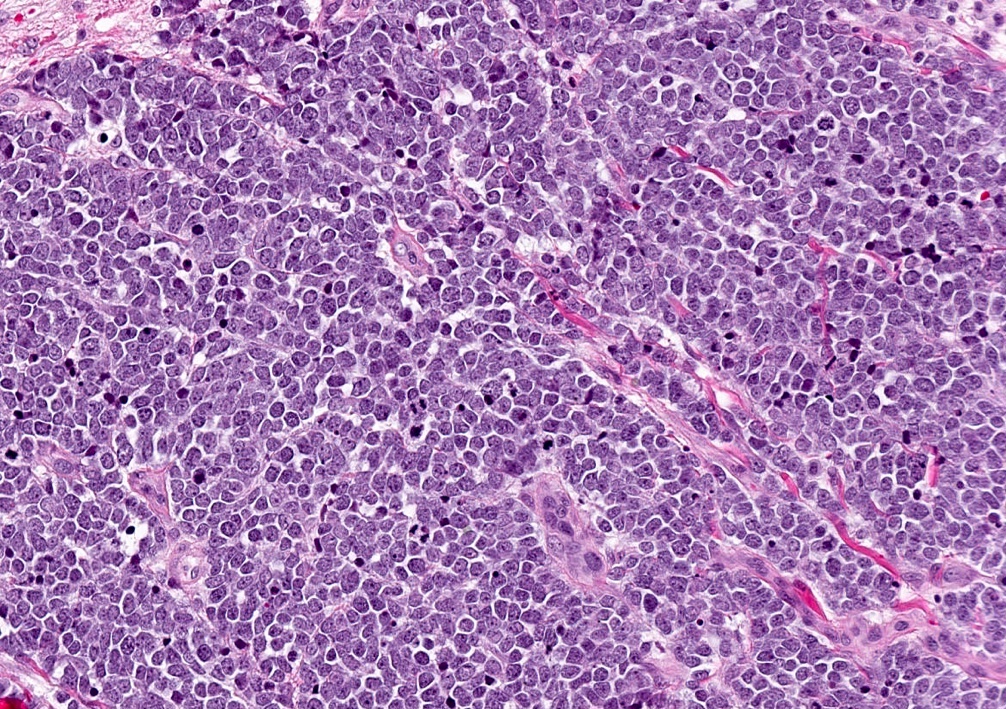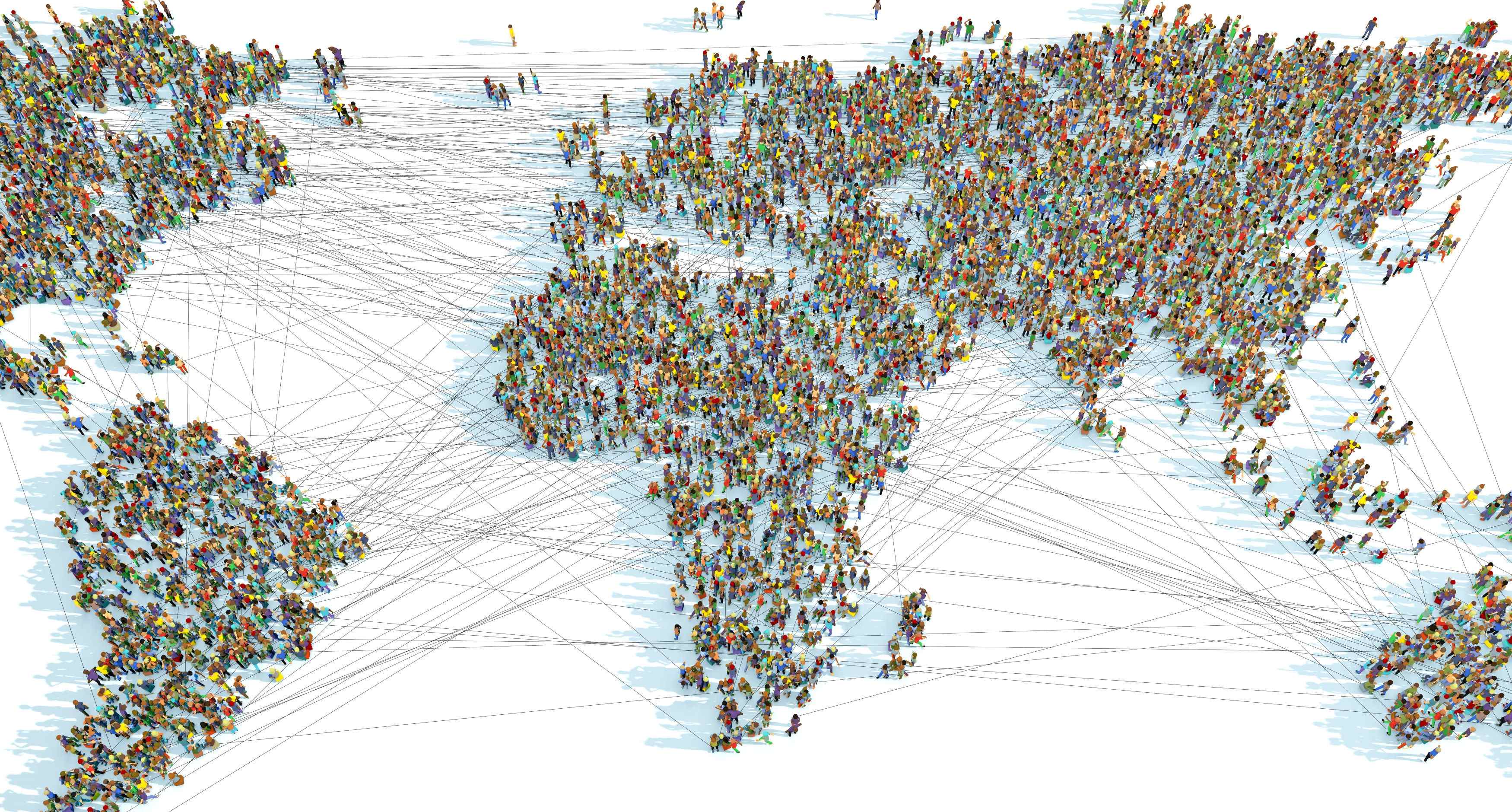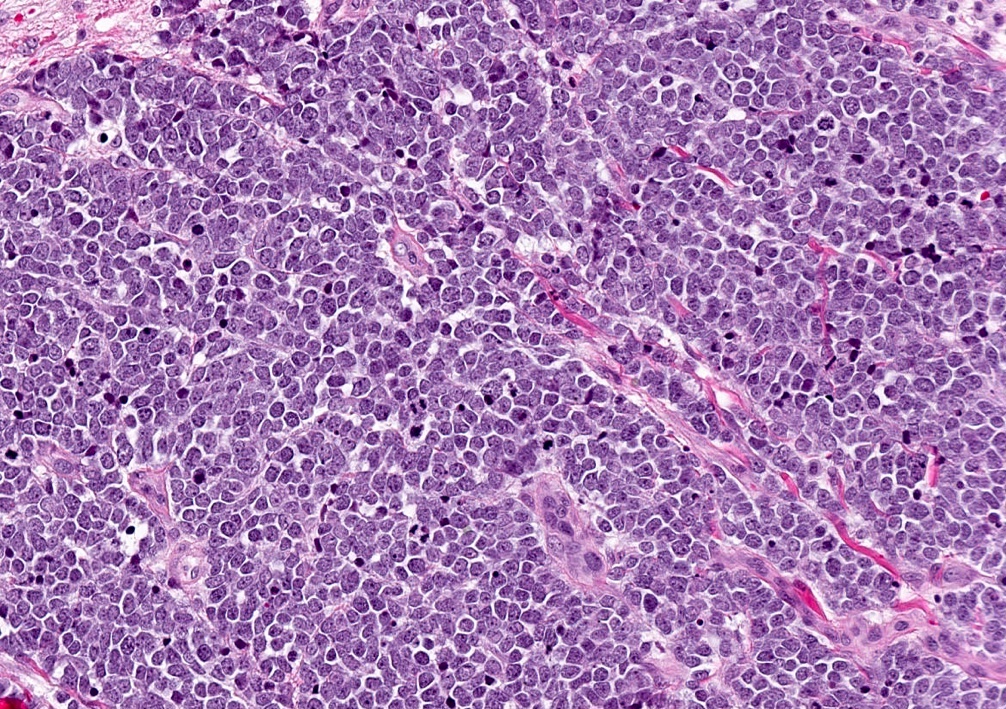Our Mission
The Nghiem Lab strives to improve cancer patient care by leading Merkel cell carcinoma research and fostering the next generation of compassionate health care and scientific leaders. This vision is driven by our collective core values: Honesty, Balance, Compassion, Impact, Humility, Enthusiasm, Joy, and Curiosity.
Paul Nghiem, MD, PhD
Paul Nghiem, MD, PhD, leads research at the UW Medicine South Lake Union (SLU) campus, and provides patient care at the Fred Hutch Cancer Center (formerly the Seattle Cancer Care Alliance).















